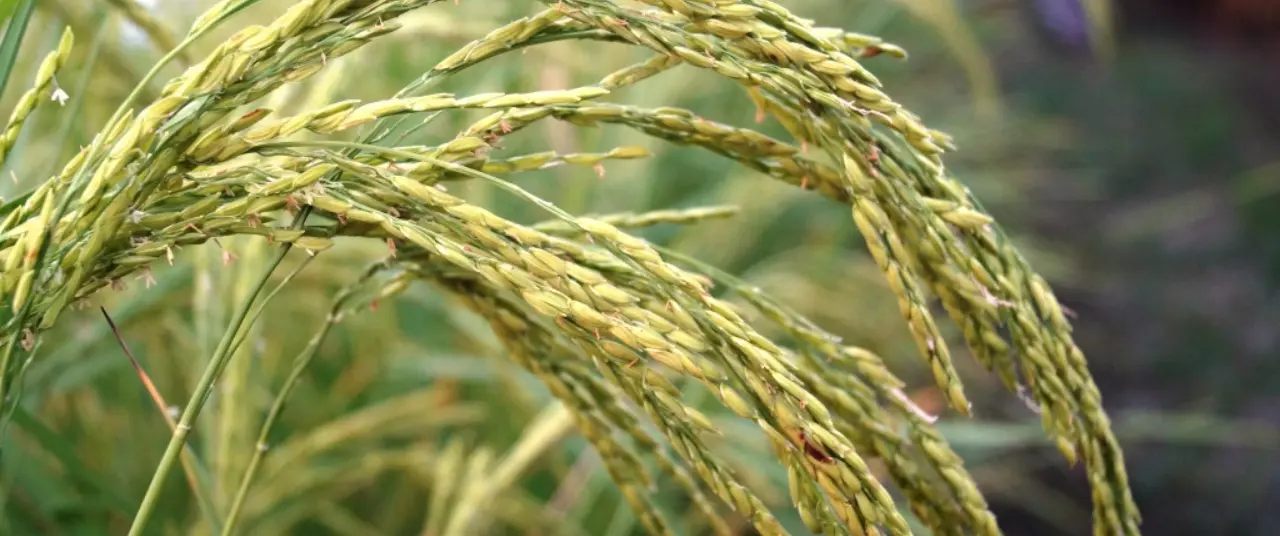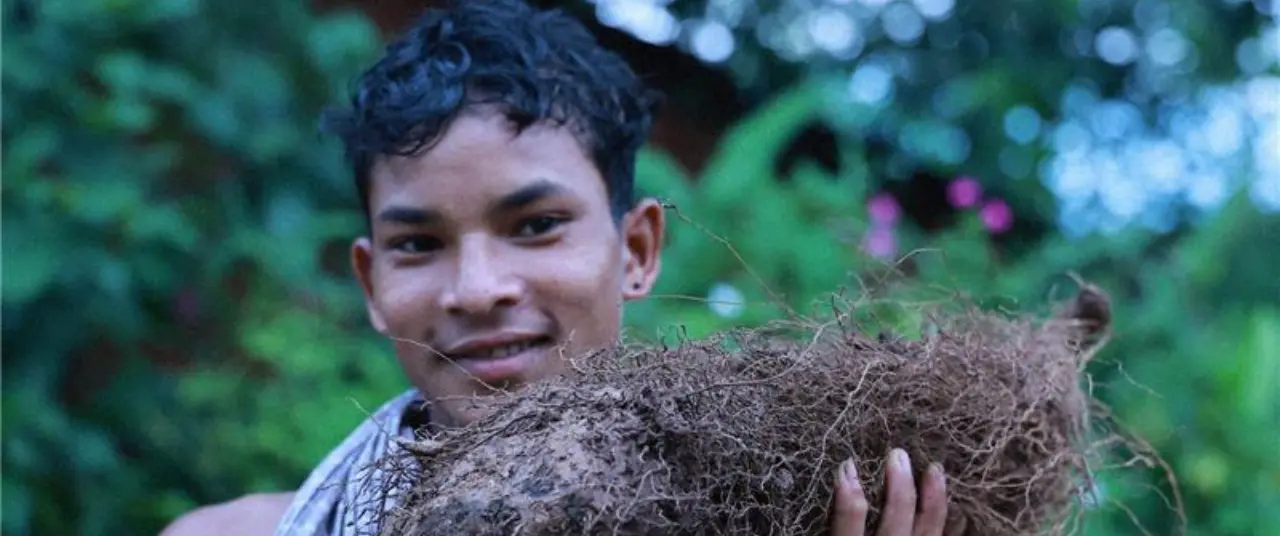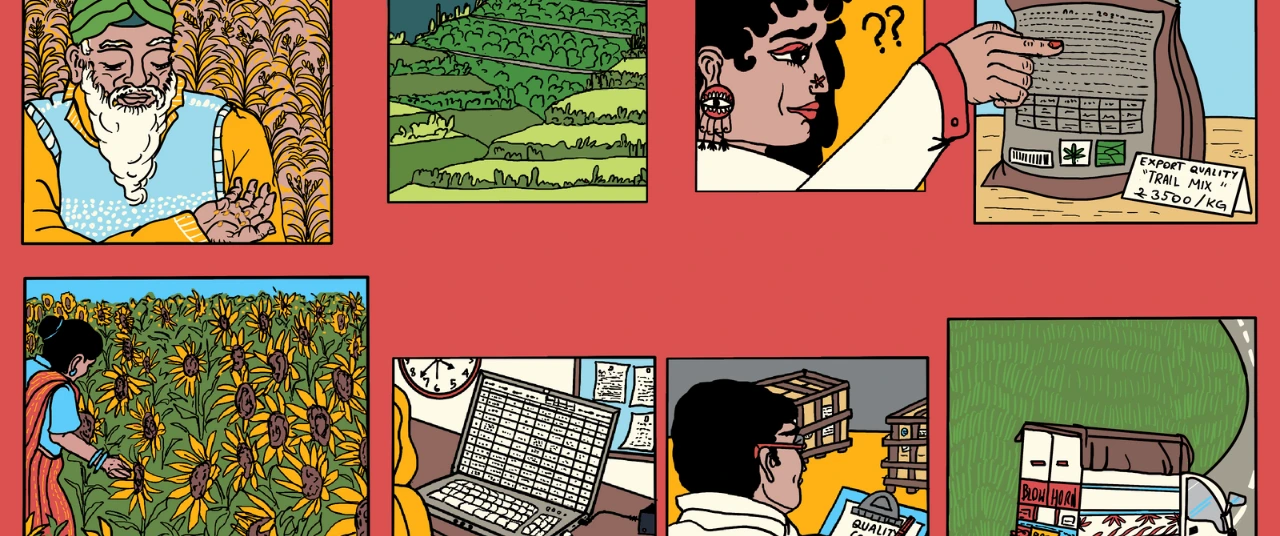Reliance on imports grows despite potential of local crops






India has a long history of growing traditional oilseeds like groundnut, mustard, and sesame. Coconut also provides a good source of edible oil, while trees such as mahua, karanj, kusum, and kokum contribute oils in smaller amounts. Recently, however, there has been a push to promote palm oil, with efforts underway to expand its plantations rapidly. It’s crucial to highlight the need to protect and support the country’s diverse traditional oilseed crops and trees.
Importance of traditional oil seeds
Oil from traditional oilseeds and desi ghee are the preferred cooking options for most people in India. Pure traditional oilseeds offer unsaturated and polyunsaturated fats, which are beneficial for health. After oil extraction, the leftover oil cake serves as nutritious and much-loved feed for dairy and farm animals. Oilseeds can be processed in small, village-level units, producing healthier oils and supporting sustainable livelihoods.
Such traditional oilseeds provide not only edible oil but also key ingredients in many delicious dishes, snacks, and sweets, often paired with healthy foods like jaggery. For instance, rewaris and gazaks made with groundnuts and sesame are winter staples, and groundnuts are enjoyed in their simplest forms. Mustard plants are even more versatile—besides oil, their leaves are used to make 'sarson da saag,' a beloved dish in Punjab and other parts of India. They also have many medicinal uses, and home remedies based on them help millions of people every day.

Traditional oilseeds are also very well integrated in the prevailing crop rotations and mixed farming systems, and millions of farmers have valuable skills and knowledge related to these crops and trees. Additionally, many artisans possess important small-scale oil processing skills, though they are struggling due to lack of support and competition from larger companies.
Moreover, many traditional oilseeds and trees play important roles in festivals, religious ceremonies, and cultural practices, as well as in shaping the natural beauty of villages and landscapes.
For example, the bloom of mustard fields is a sight to behold, and the coconut tree is often seen as a symbol of tropical beauty and abundance. The loss of these traditional crops and practices would not only impact local economies and traditions, but also erase a significant part of cultural identity and heritage for these communities.
Supporting farmers
India's policy should focus on supporting farmers in increasing the production of traditional oilseeds in ways that are environmentally friendly. Even a modest increase in the area planted with these oilseeds, if incentivized, can significantly increase the production of traditional oils and help India meet its edible oil needs.

However, the government's focus on soybean and palm oil has meant that traditional oilseeds have not received adequate support. Despite the fact that traditional oilseeds offer many advantages over these imported sources of oil, the government continues to prioritise them.
In the past, when the government has provided adequate support to traditional oilseeds, farmers have responded positively and production has increased to the point where India was close to being self-reliant in terms of meeting its edible oil needs. Unfortunately, this period of support was short-lived as the government began to favour importing cheaper oils.

Risks of hydrogenated oils
Hydrogenation involves adding hydrogen to liquid fats, such as vegetable oil, transforming them into solid fats at room temperature. It's a common ingredient in processed foods, aimed at improving both shelf life and flavour. However, despite its widespread use, hydrogenated oil is considered unhealthy, and experts recommend limiting its consumption.
The shift towards hydrogenated oils has also had negative impacts on both public health and farming communities. The process involves chemically altering natural vegetable oils—often using harmful catalysts—to strip away their colour and odour, making it possible to use cheaper, lower-quality fats. The practice is favoured by large corporations for cost savings but raises health concerns. There is even the potential for adulteration of desi ghee with hydrogenated oil, as the two look alike. Ultimately, hydrogenation turns nutritious unsaturated fats into unhealthy saturated fats, posing risks to consumers.
Farmers who grow healthy oilseeds and small-scale processors who produce pure edible oils were disadvantaged by big businesses that imported cheap oils and sold hydrogenated oil. This made it harder for traditional oilseed production to grow enough to meet the demand for healthy oils. For a while, the government focused mainly on rice and wheat, which led to oilseeds, pulses, and millets being relatively neglected.
Palm invasion
To make up for past mistakes, the government should have focused on promoting traditional oilseeds and encouraging small, village-level processing units. However, instead of doing this, the government has shifted towards promoting palm oil plantations.
Unlike traditional oilseeds, palm oil fruit can only be processed in large business units and must be processed or extracted immediately, or it will spoil. The palm trees require a lot of water and are typically grown on large plantations, which can harm local biodiversity, especially in sensitive areas like the North East and the Andaman and Nicobar Islands where it's being promoted. The need for quick transport of the fruit can further disrupt the environment due to the infrastructure required
While there have been many cases of farmers losing interest in palm oil trees and giving them up early on, government support and subsidies could help some farmers in the short term. This might lead to a quick spread of palm oil cultivation in certain areas, but the key concern is whether it's sustainable, which is uncertain. Even if there are some successes in a few places, palm oil is still not a better alternative to traditional oilseeds, which offer many benefits that shouldn't be overlooked.
The current concern is that the combination of cheap imported palm oil and the push for domestic palm oil production will hurt traditional oilseeds. They won't be able to compete for fair prices in a market flooded with cheaper oils, including imported oils, domestic palm oil, and hydrogenated oils. As a result, traditional oilseeds will face tougher conditions.
This is why it’s important to raise awareness now, as this could mark the start of a steady decline in traditional oilseeds. When millets and pulses faced challenges, not enough warnings were given, and their decline couldn’t be stopped. If people recognise the threat to traditional oilseeds now, it may be possible to rally public support for efforts to protect India’s rich heritage of these crops.
Explore other topics
References
1. Wikipedia. Palm oil. Wikipedia. https://en.wikipedia.org/wiki/Palm_oil
2. India Brand Equity Foundation (IBEF). (2023, July 10). India palm oil output to triple in 6 years as farmers plant more: Agrovet. https://www.ibef.org/news/india-palm-oil-output-to-triple-in-6-years-as-farmers-plant-more-agrovet
3. Farmers demand a fair shake with minimum support price. Good Food Movement. https://gfm.akshayakalpa.org/read/feature-article/farmers-demand-a-fair-shake-with-minimum-support-price




.avif)






